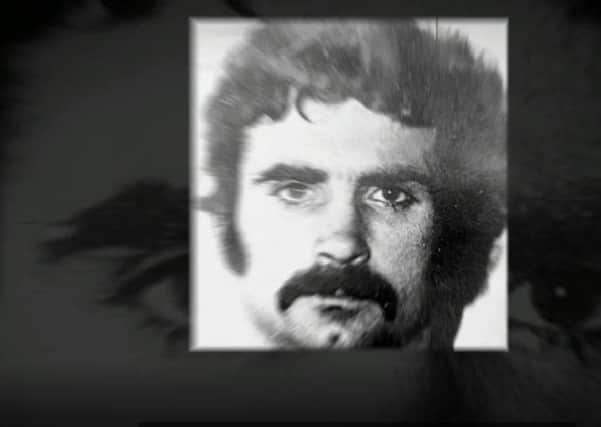Stakeknife investigation will be significantly compromised if files disclosed to civil action, court hears


A judge was told handing over material produced by a team of outside detectives could create a “chill factor” in attempts to get at the truth behind the activities of agent Stakeknife.
Bedfordshire Chief Constable Jon Boutcher is heading up the probe into dozens of murders linked to the spy - named in the media as west Belfast man Freddie Scappaticci.
Advertisement
Hide AdAdvertisement
Hide AdHe wants all working papers produced since his investigation, codenamed Operation Kenova, was launched last June “ring fenced” from discovery in lawsuits being brought against Scappaticci.
That material is believed to include documents stretching back to the 1980s, as well as so-called confession tapes from the IRA interrogation of suspected informers.
Scappaticci left Nothern Ireland in 2003 after he was identified as Stakeknife.
Before quitting his home he vehemently denied being the agent while in charge of the IRA’s internal security team, the so-called ‘Nutting Squad’.
Advertisement
Hide AdAdvertisement
Hide AdHe is facing at least 20 civil actions over alleged kidnappings and interrogations.
Police and the Ministry of Defence are also being sued in the damages claims.
But counsel representing the PSNI urged Mr Justice Stephens to allow non-discovery of the Operation Kenova working papers in those litigations.
If the application is rejected, Nicolas Hanna QC argued that all the lawsuits should instead be stayed until the criminal investigation is completed.
Advertisement
Hide AdAdvertisement
Hide AdHe said: “Unless the limited degree of restriction, ring-fencing of the working papers, is imposed upon the civil litigation, it’s likely that the ability of Mr Boutcher and his Operation Kenova team to achieve their objectives will be significantly compromised.”
Mr Hanna insisted there was an urgency as the police chief seeks to give assurances to people wanting to co-operate with his probe.
“Until this is resolved the chill factor is going to be there, the fear factor is going to be there that material provided by individuals helping the inquiry will see the light of day,” he added.
“Mr Boutcher has had to cultivate the trust of the community in which he’s seeking information, in circumstances where there’s been a long history of distrust.”
Advertisement
Hide AdAdvertisement
Hide AdFrank O’Donoghue QC, appearing for Scappaticci, opposed the move to stop full discovery.
He argued that full disclosure should take place.
Reserving his decision on the application, Mr Justice Stephens pledged: “I will give judgment in this as soon as I can, given the other commitments I have.”